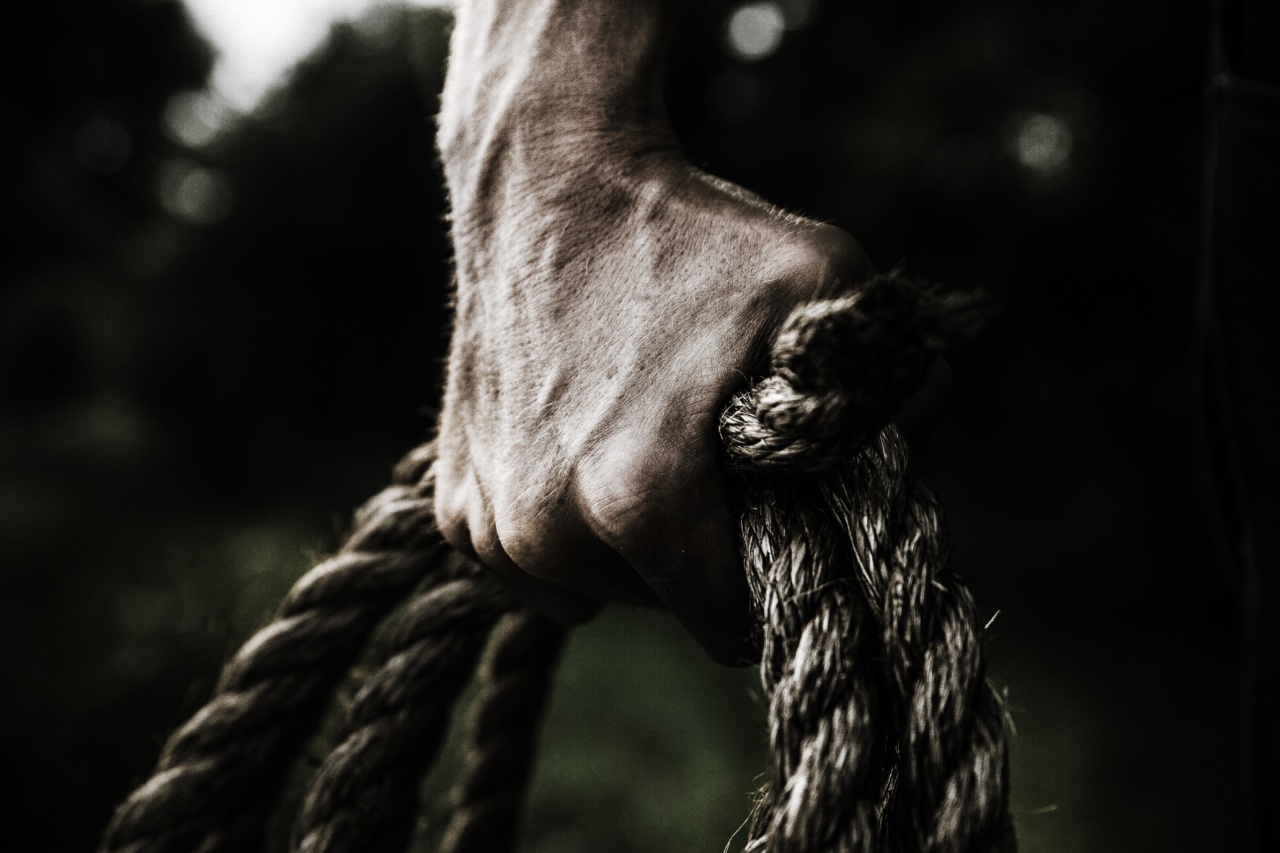Koronevas is one of the deadliest diseases known to man. It’s a rare condition that affects the nervous system and can be fatal if left untreated.
The disease is named after the first person who was diagnosed with it, a man named Koronev, who died shortly after being diagnosed.
Symptoms of Koronevas
The symptoms of Koronevas can be difficult to detect, as they often start out as mild and gradually worsen over time. The first signs of the disease include:.
- Muscle weakness and stiffness
- Twitching or jerking movements
- Numbness or tingling in the hands and feet
- Difficulty with balance and coordination
- Speech difficulties
As the disease progresses, the following symptoms may also develop:.
- Seizures
- Paralysis
- Difficulty breathing
- Loss of vision
- Coma
Causes of Koronevas
The exact cause of Koronevas is unknown, but it’s believed to be caused by a genetic mutation that affects the nervous system.
The disease is inherited in an autosomal recessive manner, which means that a person must inherit two copies of the mutated gene, one from each parent, to develop the disease.
Research has shown that the mutated gene responsible for Koronevas is located on chromosome 20. This gene codes for a protein called choline kinase beta, which is involved in the production of a compound called phosphatidylcholine.
This compound is essential for the proper functioning of the nervous system, and a deficiency can lead to the symptoms of Koronevas.
Treatment for Koronevas
There is currently no cure for Koronevas, but there are treatments available to manage the symptoms of the disease and improve quality of life. Treatment options may include:.
- Physical therapy to improve muscle strength and coordination
- Occupational therapy to help with daily living activities
- Speech therapy to improve communication abilities
- Medications to control seizures and muscle spasms
- Breathing assistance, such as a ventilator, if needed
In some cases, surgery may also be necessary to relieve pressure on the brain or spinal cord.
Prevention of Koronevas
As Koronevas is a genetic disease, there is no guaranteed way to prevent it. However, genetic counseling can be helpful for couples who are at risk of having a child with the disease.
A genetic counselor can determine the likelihood of passing on the mutated gene and provide information about options for having a healthy child.
Living with Koronevas
Living with Koronevas can be challenging, but with the right care and support, many people with the disease are able to live a full life. It’s important to work closely with healthcare providers to manage symptoms and maintain optimal health.
Support groups can also be helpful for individuals with Koronevas and their families. These groups provide a sense of community and can offer valuable resources and information.
Conclusion
Koronevas is a rare and deadly disease that affects the nervous system. While there is no cure for the disease, treatment options are available to manage symptoms and improve quality of life.
It’s important for individuals at risk of the disease to seek genetic counseling and for those with the disease to work closely with healthcare providers and support groups to manage the condition.






























